In Tel Aviv's innovation ecosystem, television series producers have supported the strategy of
technology
start-ups
, which were once acquired by multinationals at the stroke of a checkbook as soon as they emerged and are now raising international capital to finance their discoveries.
From being an incubator of adaptations redesigned in the United States for the global market - it was the case of
Hatufim,
transformed by Fox into
Homeland
, or
Be Tipul,
which HBO turned into
In Therapy
- Israel's audiovisual industry is today a beacon that radiates in original version on screens around the world.
Series like
Fauda
, around the Israeli-Palestinian conflict, have become public hits on Netflix.
And others like
Shtisel
- a
traditional
novel about the life of the ultra-Orthodox in Jerusalem - today enjoy a second life on online platforms thanks to the phenomenon that
Unorthodox
brought about in 2020
.
This miniseries starred Israeli actress Shira Haas, who began her career as a teenage character in
Shtisel
.
Ayelet Zurer, a well-known performer who also appears in the cast of
Shtisel
, is now leading the cast of a thriller that confirms the ambition of original Hebrew productions to reach a global audience without intermediaries.
Just released on Apple TV,
Perdiendo a Alice
is a highly psychologically and erotically charged serial directed by and starring women.
He breaks with the sequence of political and religious conflicts in the Holy Land to return to the modernity of In Therapy, in whose original version Zurer was the main actress on the psychoanalyst's couch 16 years ago.
The formula for the success of Israeli audiovisual productions has its foundations in the creativity of the scriptwriters.
Otherwise, they hardly have to distance themselves from the complex reality of castes, creeds and tension that surrounds them to forge implausible arguments in other latitudes.
Private channels are required by law to reinvest 15% of their income in their own production.
And the series are cheap.
“It is tough and spartan, there is not enough money and you have to work fast.
I have not had in Israel the means and equipment available in the US ”, acknowledged the director of
Perdiendo a Alice
, Sigal Avin, with dual Israeli and American nationality, in statements to the
Los Angeles Times
, a newspaper in the city where he resides.
“It has been hell.
But in return it has allowed me more control and freedom over my work, ”he explained.
The scriptwriters in Israel sometimes insist that reality does not spoil a good series for them.
In the first two seasons (2013-2016) offered by Netflix,
Shtisel
reproduces the ins and outs of domestic wakes or gallant dates before the matchmakers of the Geulá neighborhood of Jerez.
But they also seem to be unaware that three-quarters of ultra-Orthodox women, who have an average of six or seven children, work to support their families while more than half of men dedicate their existence to the study of the Torah.
The third season, once the series was reborn due to its international success, has already begun to air on the Israeli platform Yes.
It
remains to be
seen, however, when the planned fourth installment of
Fauda,
whose production has stagnated due to the pandemic
, hits the screens
.
The first season - released in 2015 and plausibly the best - evoked in the West Bank the aftermath of the Second Intifada (2000-2005).
Its continuation, already led by Netflix, revolved around the unlikely presence of the Islamic State in the occupied Palestinian territory.
The plot of the third part was lost in the Gaza Strip in pursuit of unbridled action.
Any resemblance to reality was purely coincidental.
Along with the great soap opera factory that Turkey has become, Israel produces chain series for the global market also from the eastern Mediterranean.
Perdiendo a Alicia
joins a list of productions that generate interest beyond its borders.
Hebrew is now the original language, although the babel that emerges from the reality on the ground makes Arabic prevail in the dialogues, as in the
Fauda
sequences
.
Even the Persian has an echo.
Released last summer and broadcast on Apple TV,
Tehran
shows the tribulations of a Mossad (foreign espionage) agent to sabotage the Iranian nuclear program.
And the historical drama
Valley of Tears
(HBO), about the Yom Kippur war, which Israel almost lost in 1973 on the Golan Heights (Syria), has achieved global repercussions.
But if the viewer is looking for something more than entertainment or information, they must immerse themselves in the atmosphere of contained tension that is breathed in the Green Line that divided Jerusalem until 1967.
Our Boys
(HBO) investigates the kidnapping and murder of a Palestinian teenager the next day of the burial of three young Israelis, captured and killed shortly before by Hamas militants, in the run-up to the 2014 Gaza war. The stark humanity of the families' grief overlaps the conventional narrative of the conflict.
Such was its impact that Prime Minister Benjamin Netanyahu called for a boycott of the series after calling it an offense to the Jewish state.
And for those addicted to navigating with the remote control through the hermetic world of the God-fearing, in addition to the gentle vision of Shtisel, other series broaden the focus.
Srugim
(Amazon Prime) emphasizes the adventures in Jerusalem itself of the nationalist religious Jews wearing the kippah.
Not yet distributed on platforms,
Shababnikim
(Rebound Seminarians), recounts the escapades of yeshiva students who turn away from the teachings of the Torah to discover the temptations of secular society.
The women, to their bewilderment, lose the invisibility of the Hasidic ghetto from which they escape.
Also available on Amazon is the
Autonomiot
miniseries
, which presents a dystopian Israel divided into autonomies - one secular with its capital in Tel Aviv and the other theocratic around Jerusalem - separated by a wall.
The gray concrete wall and checkpoints in the West Bank offered a royal setting like no other.

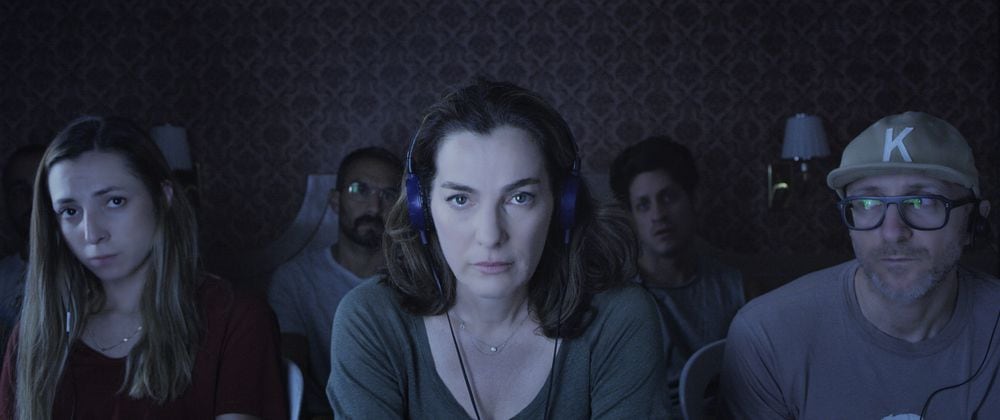


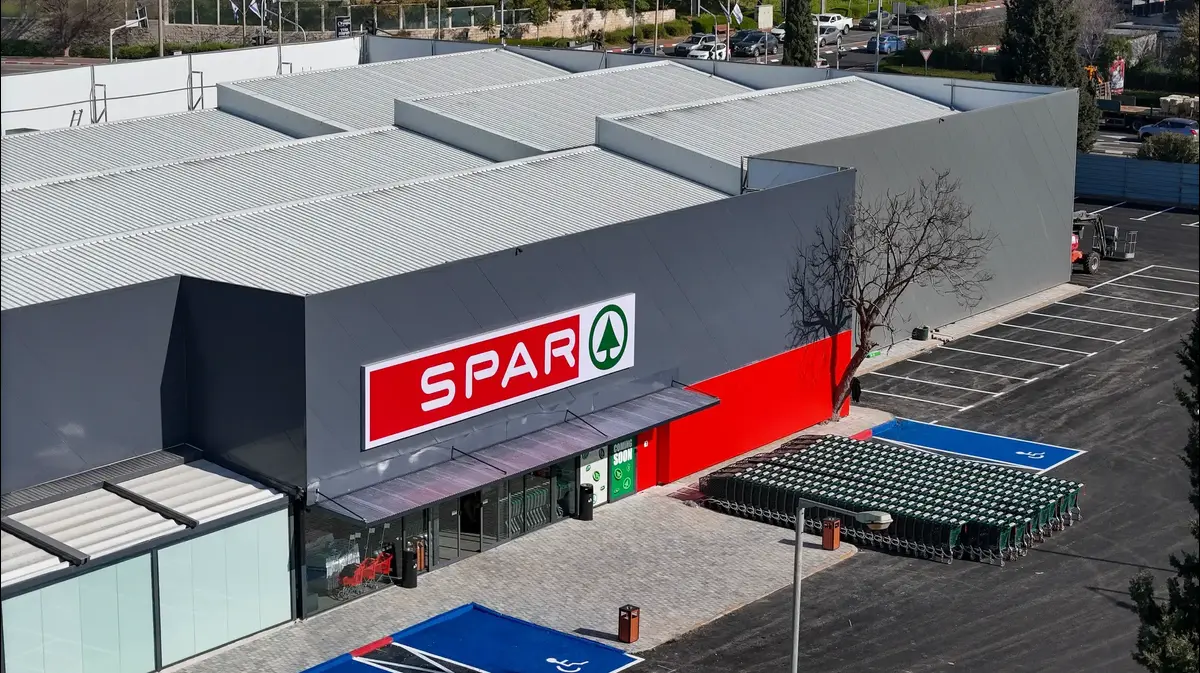
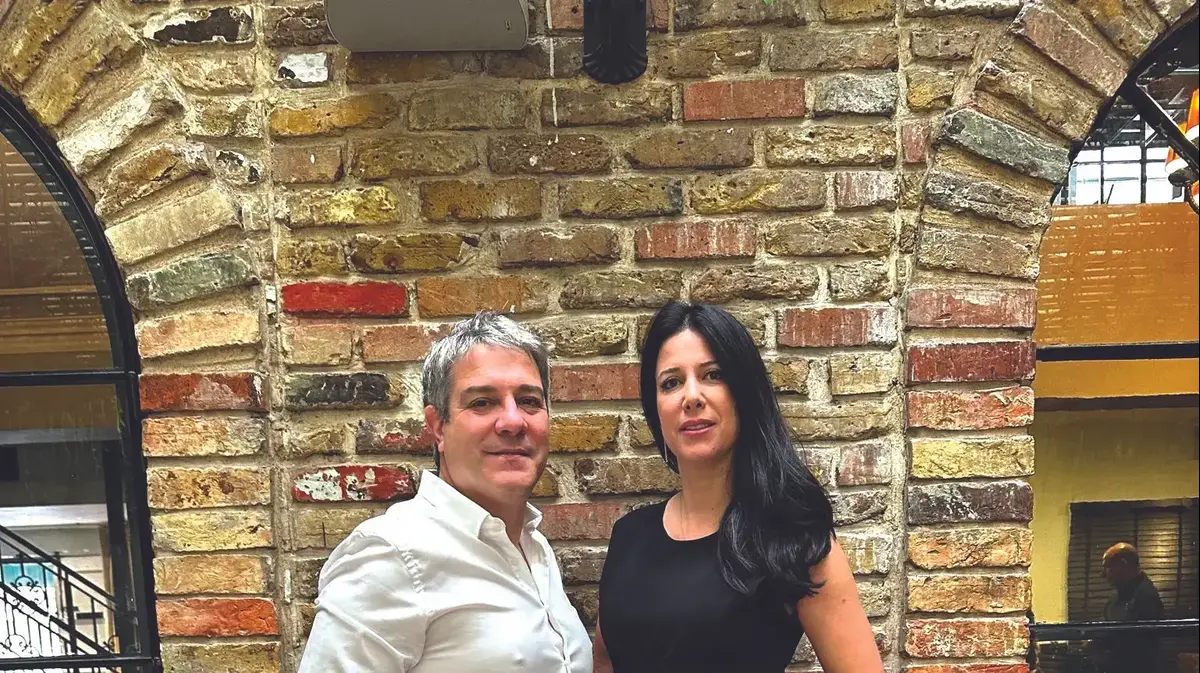

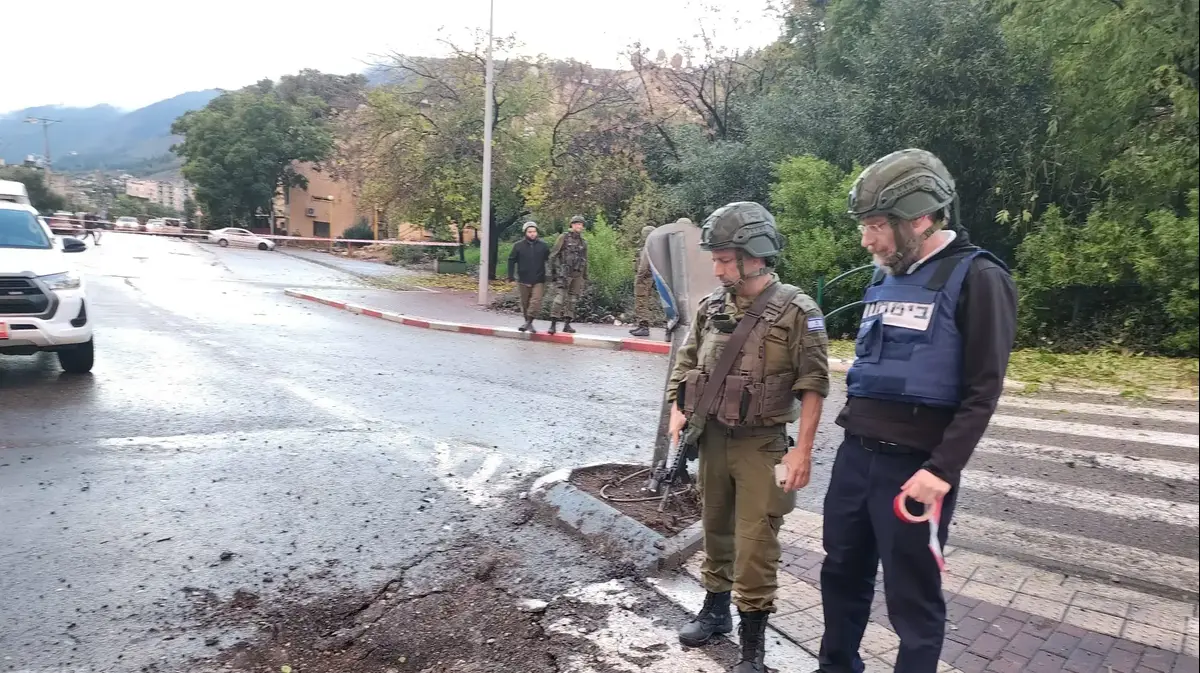
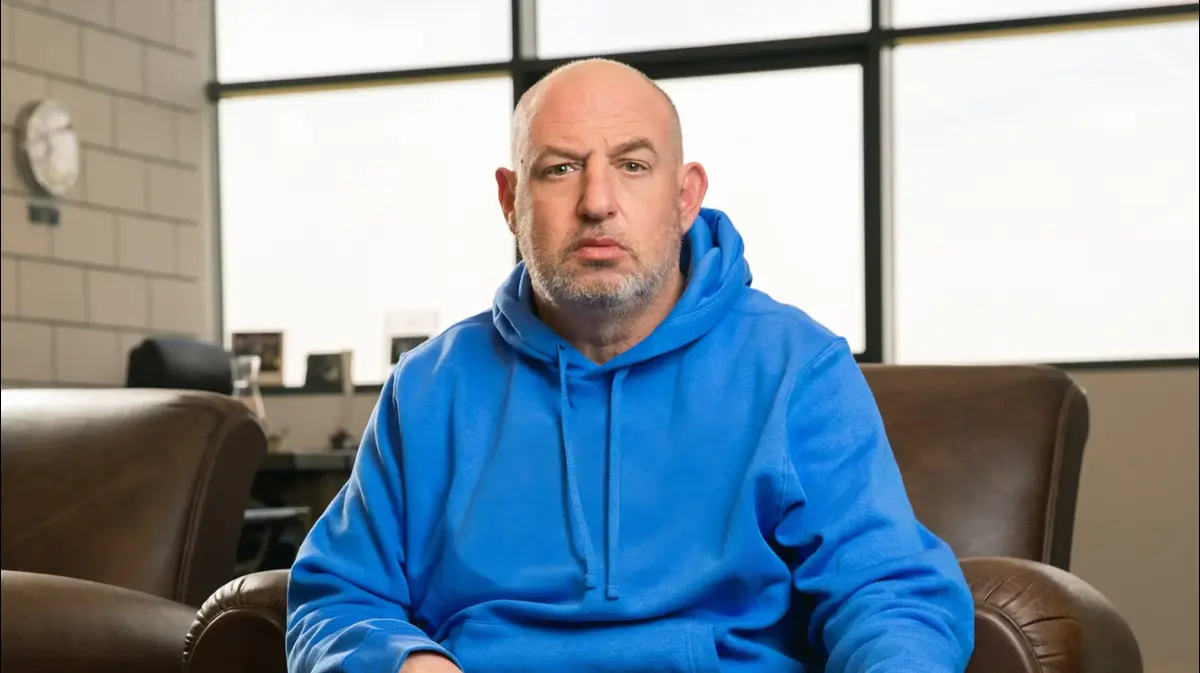
/cloudfront-eu-central-1.images.arcpublishing.com/prisa/2C5HI6YHNFHDLJSBNWHOIAS2AE.jpeg)




